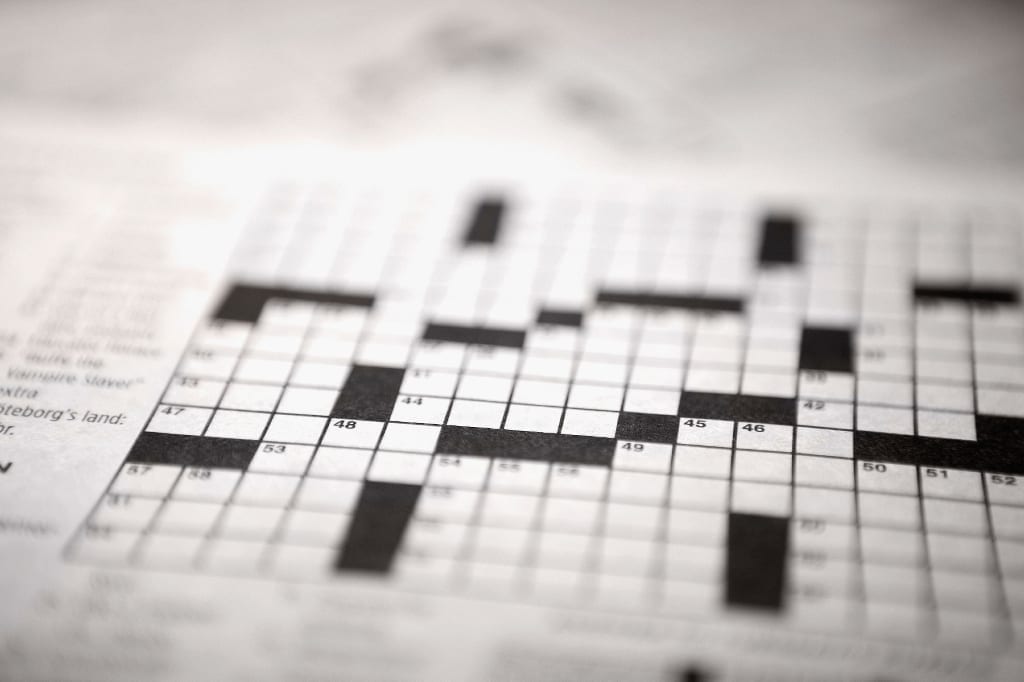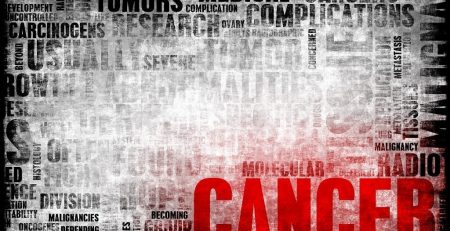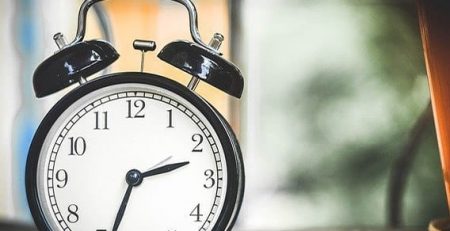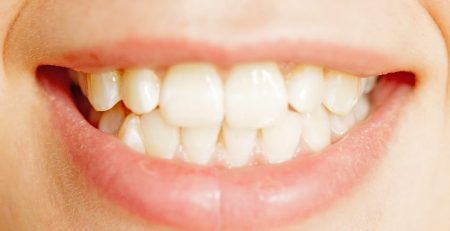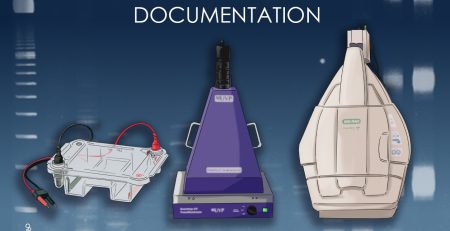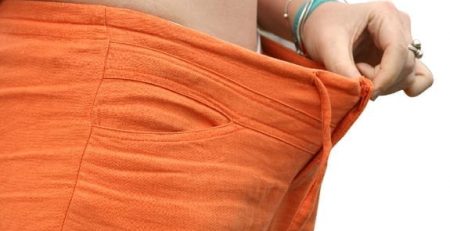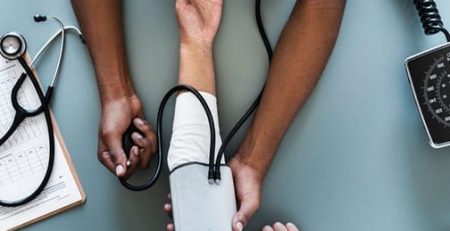Crossword Puzzles Linked to “Younger” Brains
In one of the biggest studies of its kind, researchers from the University of Exeter and Kings College London studied 17,000 healthy people over the age of 50 and found that “those who do a crossword a day have a brain ’10 years younger’ than their actual age,” IFLScience.com reported.
The researchers gathered data from data submitted in an online trial where participants were asked how often they used word puzzles such as crosswords. They then used cognitive test systems to assess brain function “and found that those who regularly sat down with a crossword performed better at tasks on attention, reasoning, and memory.”
“We found direct relationships between the frequency of word puzzle use and the speed and accuracy of performance on nine cognitive tasks assessing a range of aspects of function including attention, reasoning, and memory,” said Keith Wesnes of University of Exeter Medical School in a statement. “Performance was consistently better in those who reported engaging in puzzles, and generally improved incrementally with the frequency of puzzle use. For example, on test measure of grammatical reasoning speed and short-term memory accuracy, performing word puzzles was associated with an age-related reduction of around 10 years.”
This research, titled “The Relationship Between the Frequency of Word Puzzle Use and Cognitive Function in a Large Sample of Adults Aged 50 to 96 Years,” was recently presented at the Alzheimer’s Association International Conference 2017 in London.
The hope is research like this will help uncover what lifestyle factors have the greatest impact on maintaining a healthy brain.
“We know that keeping an active mind can help to reduce decline in our thinking skills,” Director of Research of Alzheimer’s Society Dr. Doug Brown said. “The new research does reveal a link between word puzzles, like crosswords, and memory and thinking skills, but we can’t say definitively that regular ‘puzzling’ improves these skills. To be able to say for sure, the crucial next step is to test if there are benefits in people who take up word puzzles.”




